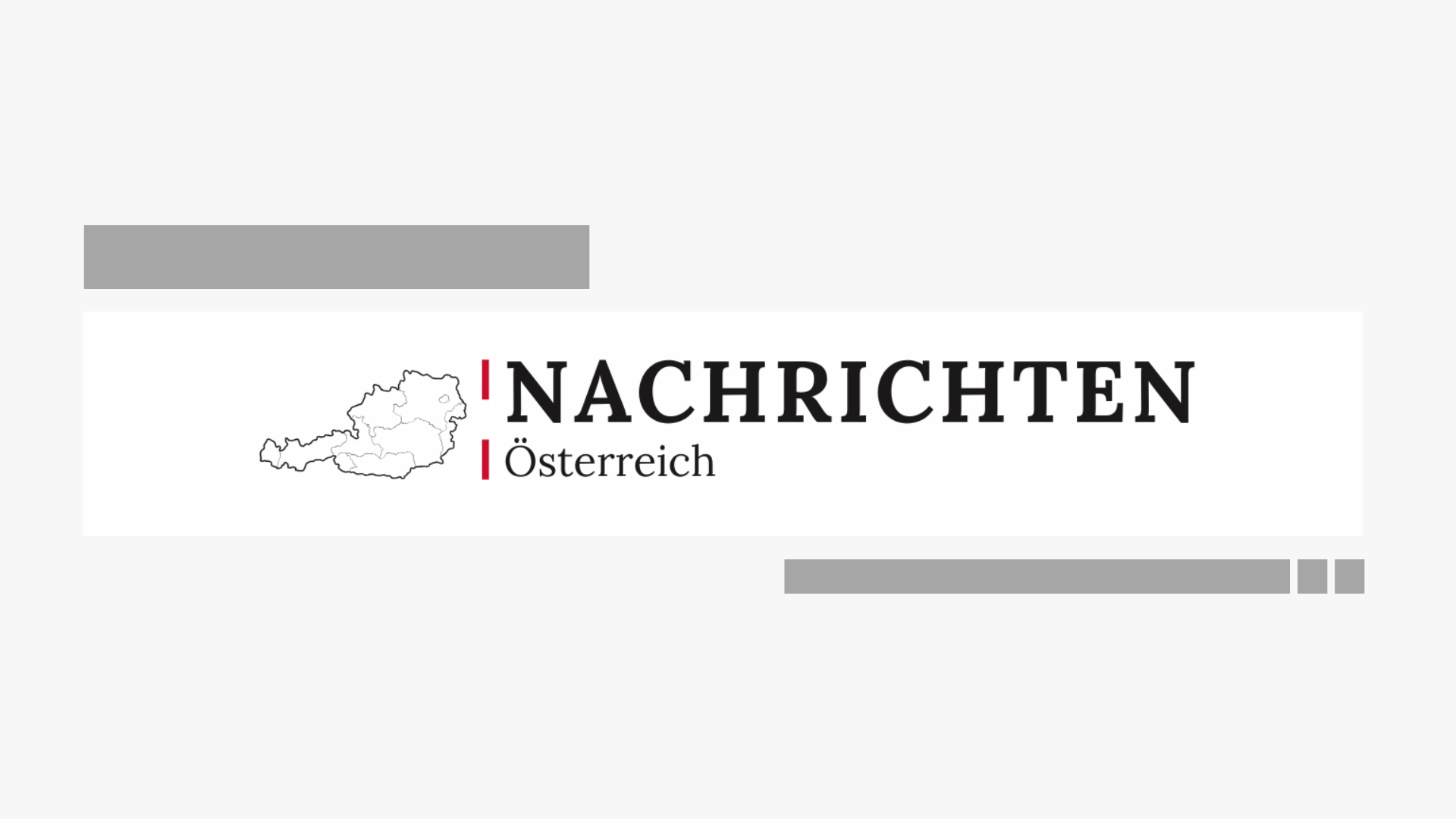
In Königsberg, Hollenstein municipality, there have been multiple wolf attacks on livestock in enclosed pastures, resulting in the death of several young sheep. This information comes from LAbg. Alexander Schnabel, the Freedom Party’s agricultural spokesperson in Lower Austria, who visited the affected farmer to assess the situation. According to Schnabel, the usual herd protection measures are easily overcome by wolves, making it necessary to take decisive action and remove the predators. He also emphasized that the wolf’s presence in the Ybbs Valley is a cause for concern, as it is human settlement territory. Schnabel warns against uncontrolled wolf expansion.
Schnabel further stated that the current wolf protection status at the EU level and the corresponding regulation in Lower Austria need to be reassessed and amended urgently. He stressed that despite some people considering wolves to be cute and harmless based on various documentaries, they are, in fact, dangerous predators for both livestock and humans.
The situation in Königsberg has raised the need for a discussion on the effectiveness of existing protection measures and regulations, as the recent attacks have exposed their limitations. Cattle farmers and other stakeholders in the region are becoming increasingly worried about the safety of their livestock and livelihoods.
In einem Artikel von www.ots.at zu sehen, wird über die jüngsten Wolfsangriffe in Königsberg berichtet. Die Angriffe haben dazu geführt, dass mehrere Jungschafe getötet wurden. Alexander Schnabel, der Landwirtschaftssprecher der FPÖ in Niederösterreich, hat den betroffenen Landwirt besucht und festgestellt, dass die herkömmlichen Herdenschutzmaßnahmen nicht ausreichen, um die Wölfe abzuwehren. Er fordert eine konsequentere Bekämpfung der Raubtiere und warnt vor einer unkontrollierten Ausbreitung der Wolfspopulation.
Schnabel betont, dass der Wolf auch für den Menschen eine Gefahr darstellt und dass der Schutzstatus auf EU-Ebene und die niederösterreichische Wolfsverordnung überprüft und angepasst werden müssen. Die aktuellen Ereignisse in Königsberg zeigen deutlich, dass die bestehenden Schutzmaßnahmen nicht ausreichend sind und dass ein überarbeitetes Konzept notwendig ist.
Landwirte und andere Betroffene in der Region sind zunehmend besorgt um die Sicherheit ihrer Nutztiere und ihrer Existenzgrundlage. Es besteht Handlungsbedarf, um den Schutz der Landwirte und ihrer Herden zu gewährleisten und gleichzeitig auch die Sicherheit der Menschen in der Region zu berücksichtigen.
Based on the information provided, it is clear that the recent wolf attacks in Königsberg have highlighted the need for proactive measures to protect livestock and ensure the safety of the local community. The call for a reassessment of wolf protection status and regulations reflects the concerns and challenges faced by farmers in the region. The situation requires a comprehensive approach that takes into account both the ecological importance of the wolf and the potential risks it poses to livestock and human safety.
To effectively address the issue, it is crucial to involve relevant stakeholders, including farmers, local authorities, and conservation experts, in developing and implementing a sustainable and balanced management plan. This plan should prioritize the protection of livestock while also considering the conservation needs of the wolf population. It is important to strike a balance that allows for the coexistence of all stakeholders and ensures the long-term viability of agriculture in the region.
While the recent attacks in Königsberg are concerning, they should not be seen as a reason to demonize or eradicate the wolf population. Instead, a science-based approach that combines effective herd protection measures, targeted wolf management, and public awareness campaigns can help minimize conflicts and promote understanding between different interest groups. By adopting such an approach, it is possible to find practical and sustainable solutions that respect the ecological value of the wolf and address the legitimate concerns of farmers and local communities.
